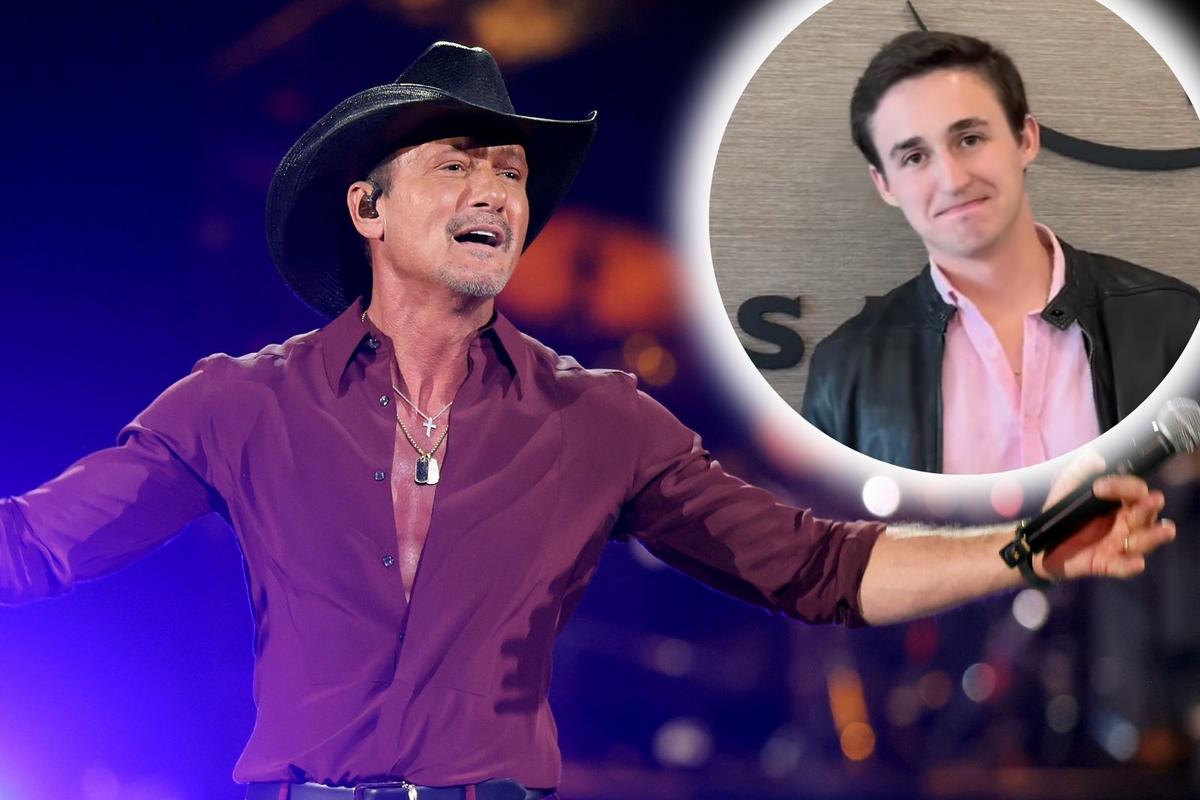Villano Antillano Is Making History: ‘We Have to Be Proud and Stand Tall’
On a quiet day in Santurce, Puerto Rico, Villano Antillano sips her margarita and smiles. “It tastes so good!” she teases as a sky full of cotton-candy clouds glows pink and purple over the San Juan Smokehouse.
Antillano, 27, is one of the most compelling MCs in Spanish-language rap today, making memorable appearances on Argentinean producer Bizarrap’s celebrated freestyle video series, an onstage tribute to Ivy Queen, and a surprise cameo during Bad Bunny’s Un Verano Sin Ti tour at the Coliseo de Puerto Rico that made noise across the island. She’s a prolific lyricist and a trend-setter who has been able to channel the trials in her life to shape a unique style of her own, with brilliant punchlines and sensuality that entices her fans. She’s also the first prominent star in Latin music who happens to be trans.
El Movimiento is at its peak right now, with artists like Bad Bunny breaking global streaming records once held by icons like Drake and world tours selling out in minutes. It hasn’t always been an easy road getting here, as forms of music once created as methods of resistance, then constantly picked apart by racism, have found strength in their pop ascendance. For Antillano, finding success has meant carving out a revolutionary path of her own.
Growing up in Bayamon, a suburb of San Juan, Antillano was raised with four siblings whom she adores and two loving yet strict and conservative parents. Her adolescence was the perfectly imperfect recipe for a salsa- and rock-loving music enthusiast who planned to take the Latin music industry by storm through rap. Coquis singing faintly in the background at golden hour, Antillano’s eyes glisten as she says what happened next: “I was 17 years old when I was kicked out of the house.”
It wasn’t until a few years later, after launching an underground music career, that she came to embrace who she truly is. “The person who I was releasing [music] as, all of that wasn’t actually my full, authentic self,” she says, recalling an early EP, Tirania, that she released as a male-presenting artist with blond hair, major swag, and a proud queer identity. “I feel like I did not understand myself as a musician until the point where I understood myself as a woman… Stepping into my femininity, that process was painful. Very scary. A lot of knowing… there is no other choice.” It was a difficult position for an artist whose work is deeply rooted in personal experiences, making for the star attitude that millions of fans have since fallen in love with.
La Villana says that doing sex work is part of what helped her discover herself. “That experience helped me come into contact with who I am,” she says. Though the work can be empowering, it also comes with its own set of challenges — it is largely criminalized, and can be dangerous. Still, it is an essential part of many lives, and Antillano says that it most often provided her with stability and independence.
The Latin rap and reggaeton scenes have a long history of machismo, homophobia, and racism. In recent years, there has been pressure to hold artists accountable for their actions or lack thereof regarding social responsibility. Yet Antillano has conquered where no other person has been able to before. “I’m creating music knowing very well I may be killed for this, but you know what?” she says, sitting up. “We have to be proud and stand tall.”
These are powerful words from a powerful woman. Antillano adds that she appreciates the support she’s gotten from cisgender women: “Aren’t they the best? The gworlz have really been showing up for me.” Considering what she’s been up against, it’s a beautiful feeling.
“I have faith that if we get knocked down, somebody else will come after us,” she adds. “We will not be eliminated and we are powerful.”







